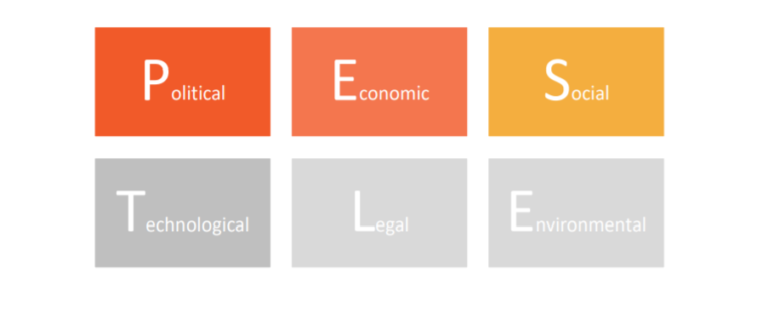Get to know your environment, key for Turnkey Retrofit service’s success
The energy renovation market has a tremendous growth potential in the coming years, boosted by the need to achieve the EU directives on energy efficiency and buildings performance. There is no doubt that this will be a great opportunity for a service like TURNKEY RETROFIT, which aims to be implemented in France, Ireland and Spain. However, the service will surely have to be adapted to the specific context of each country.
The experience tells us that a service that can work successfully in one country may fail when being replicated in another. That is why it is relevant to analyse a set of factors before initiating its implementation. These factors will give us some clues on how to adapt the business model to a given environment and thus minimize risks. Although most of them cannot be controlled or modified, it is important to understand the implications of such factors when replicating the business model. But how can we determine these implications?

To perform the analysis, we used the PESTLE tool to identify the contextual factors and understand the difficulties and challenges that can arise. The PESTLE acronym refers to the Political, Economic, Social, Technological, Legal and Environmental factors, and while these factors coincide in the three countries, the implications are very diverse, as the study results reveal.
3 countries, 3 political frameworks…
One of the main factors that will directly influence the success of the TURNKEY RETROFIT service is the political framework adopted by the country to boost energy renovation in the building sector. France, Ireland and Spain have defined their ambitious long-term renovation strategies to achieve the EU climate objectives. But it’s not enough. They need to prioritize them and facilitate their implementation, in order to trigger demand and accelerate private inversions in energy efficiency.
Another factor that facilitate the implementation of the TURNKEY RETROFIT service is to have stricter regulations. The introduction of higher building energy performance standards is considered to have a positive impact on the service, because renovations conducted to comply with these regulations are likely to deliver higher energy performance. Recently, the regulations of the three countries have been reviewed.
In all three countries, the construction sector is making great strides with respect to innovation. A good example are the technological advances in energy efficiency in buildings (mainly using advanced materials that improve thermal insulation, 3D printing and additive manufacturing processes for energy renovation). This results in the existence in the market of products and solutions for energy renovation and easier access to technological solutions.
Other strategic factors that contribute to increasing the demand for the service are the following:
- Quality (certification) mark for renovation which are awarded by third-party and independent entities (including laboratories, certification organizations, etc.) and, in many instances, submitted to the French Accreditation Committee (COFRAC) for final authorization.
- White Certificates: any person or legal person who will save energy will be issued a certain number of certificates based on kWh saved and may sell them to energy suppliers.
- The Building Energy Rating (BER): in Ireland, the sales value of properties is increasingly affected by it. Prospective homeowners frequently check it before buying.
Raising awareness is key to trigger energy renovations
We have identified contextual factors that could also influence the pace of renovation in a negative way. For example, professionals in the sector are poorly qualified in technological solutions for energy renovation. Facing the renovation challenges requires competent and well-trained professionals in technical fields (insulation, ventilation, airtightness, installation of renewable energy systems) and also in global approaches. This is coupled to the lack of culture in favour of energy savings, combined with a lack of awareness on the return on investment (multiple benefits of energy saving measures). Although governments develop actions to promote awareness on the importance of renovation, a lot remains to be done.
Other identified factors include: Government stability, availability of funding tools and grants, general economic situation, spending in the renovation sector, state of the building renovation sector (whether the context allows for a one-stop-shop service), fiscal incentives, development and use of platforms for the construction sector, etc.
We invite you to read the full report here.